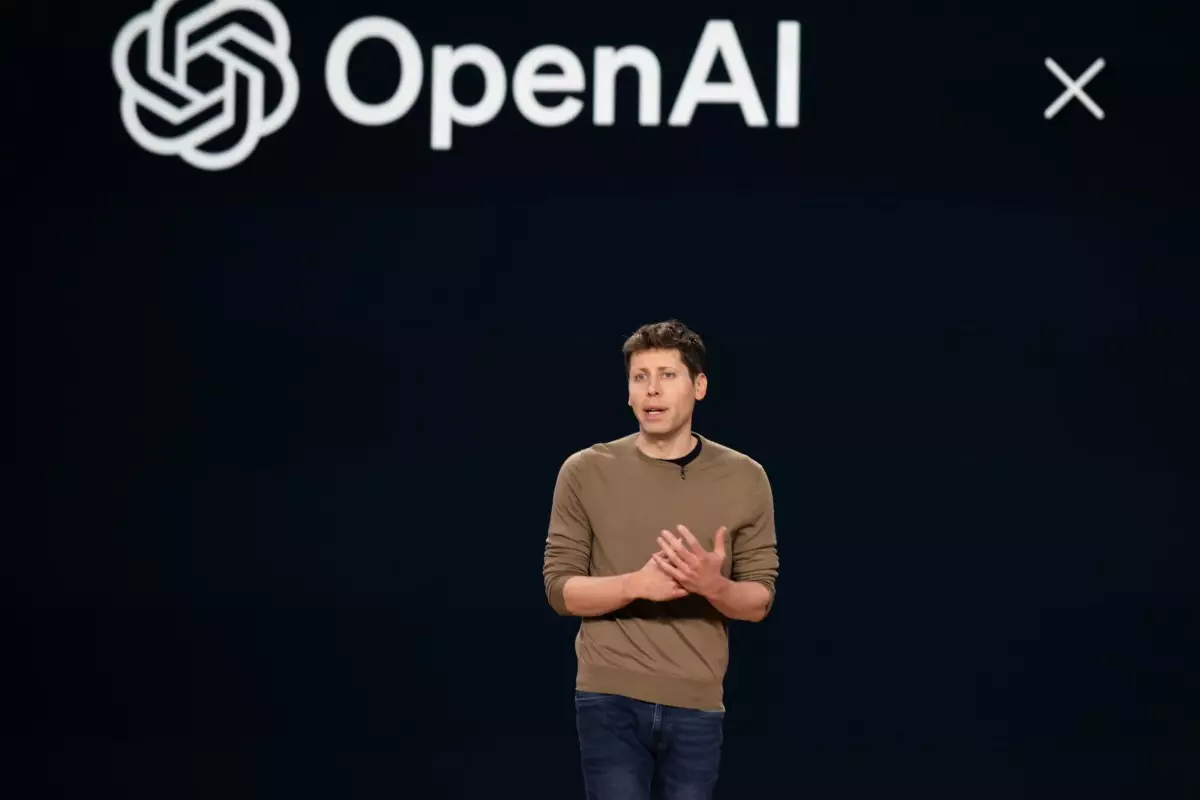In a landmark move that could resonate throughout the evolving landscape of artificial intelligence, Asian News International (ANI), one of India’s prominent news agencies, has initiated legal proceedings against OpenAI. The lawsuit, filed in the Delhi High Court, highlights deep-seated concerns regarding the usage of copyrighted content by AI technologies. ANI’s complaint stems from claims that OpenAI improperly utilized its original news articles to train its models, thereby generating misleading information attributed to their agency. This case is particularly significant as it marks the inaugural instance of an Indian media organization confronting OpenAI with copyright infringement allegations.
This case carries enormous implications, not only for OpenAI but for the broader intersection of journalism and artificial intelligence. As AI companies increasingly depend on vast amounts of data, often sourced from news outlets worldwide, the question of ownership and copyright becomes paramount. ANI’s contention that ChatGPT inaccurately generated fictitious interviews, including a fabricated dialogue with opposition leader Rahul Gandhi, underscores the potential consequences of such technologies. These “hallucinations”—as AI inaccuracies are colloquially termed—pose a direct challenge to reputable news agencies, casting shadows on their credibility in public perception.
During a recent hearing, Justice Amit Bansal issued a summons to OpenAI, a crucial step that indicates the seriousness of the court’s view on such claims. The judge highlighted the necessity for a detailed examination of the case due to its complexity, scheduling a follow-up hearing for January. Meanwhile, OpenAI’s representatives defended the company’s practices, arguing that facts are not protected by copyright laws and emphasizing that websites have the ability to opt out of having their data collected by AI. This stance reflects a broader debate about what constitutes fair use in the rapidly changing digital landscape.
This lawsuit is not an isolated incident. OpenAI already faces similar lawsuits across various international jurisdictions, including multiple claims in the United States, Canada, and Germany. As the legal framework surrounding AI technologies continues to develop, this case may serve as a watershed moment, potentially influencing policies and practices of AI firms regarding data copyright. With the rising global scrutiny on AI’s role in content generation, the outcome of ANI’s lawsuit could set a precedent that redefines how AI entities engage with published material.
As discussions surrounding copyright and AI intensify, the relationship between news organizations and technology will be put to the test. ANI’s actions may catalyze other media entities to assert their rights, prompting AI developers to rethink their data practices. The judicial system’s involvement highlights the importance of maintaining journalistic integrity amid technological advances. The anticipated consultation with independent experts on copyright implications reflects a necessary move towards developing coherent guidelines for the convergence of media and AI, ensuring that the future of journalism is safeguarded as innovation progresses.

